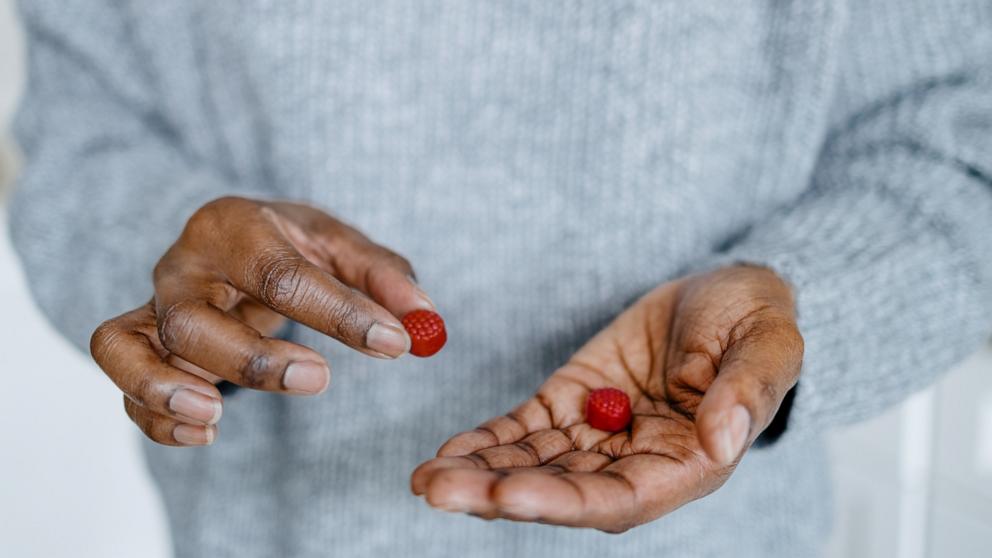


A trade association is calling on melatonin makers to follow new guidelines on labeling and packaging for their products amid a rise in emergency room visits and calls to poison centers for accidental ingestion of melatonin by children.
The new guidelines, announced Monday by the Council for Responsible Nutrition, which represents the dietary supplement and functional food industry, call for melatonin-containing products to be sold in child-deterrent packaging and to caution consumers on the label that the products are for intermittent use only, may cause drowsiness and should not be taken with alcohol.
The guidelines also focus specifically on melatonin products that are sold in the shape of gummies, which can be more appealing to kids.
The guidelines call for melatonin-containing gummy products to also be packaged in child-deterrent packaging, and in packaging with clear warnings on the label that the gummies are to be used "under appropriate conditions and guidance."
Labels on melatonin-containing gummy products intended for children under 4 years old should also contain a warning that they could "present a potential choking hazard," the group said.
Melatonin is a hormone that plays a role in sleep, according to the National Institutes of Health.
In the United States, melatonin supplements are considered dietary supplements, which means they are accessible to the public without the regulations of a prescription drug.
The new guidelines issued by the CRN are voluntary, meaning it will be up to the manufacturers of melatonin products to decide if they are put into effect.
In March, the U.S. Centers for Disease Control and Prevention released new data showing that between 2019 and 2022, there were approximately 11,000 emergency room visits involving children aged 5 years and under who ingested melatonin unsupervised.
The data followed previous findings from the CDC that over the past decade, the number of children overdosing on melatonin has increased by 530%.
In 2021 alone, more than 50,000 calls were placed to poison control centers in the United States regarding melatonin ingestion by kids, the CDC found.
According to the study's authors, "increased sales, availability, and widespread [melatonin] use have likely resulted in increased access and exposure risk among children in the home."
Because melatonin is a hormone, there is a possibility that taking it by supplement for several years could impact a child's hormonal development like puberty and menstruation, according to the NIH. However, studies have produced inconsistent results and more studies involving children are needed to understand the extent of effects on development.
Even in adults, according to the NIH, the long-term impacts of melatonin are not well-known, even if the supplement does appear to be mostly safe with short-term use.
MORE: Melatonin overdoses in kids increase 530% over past decade: What parents need to know to keep kids safeThe American Academy of Pediatrics recommends any use of melatonin by kids be directed by a pediatrician.
When a child ingests melatonin without adult supervision, it is a medical emergency that requires immediate action, such as calling 911 or calling a poison control center at 800-222-1222.
MORE: Melatonin gummies may not contain what they claim, lab analysis showsSymptoms of melatonin ingestion in kids includes abdominal pain, nausea or vomiting, excessive tiredness and labored breathing.
ABC News chief medical correspondent Dr. Jennifer Ashton, a board-certified OB-GYN and obesity medicine physician, said parents should not only keep medications out of sight and reach of children, including teenagers, but also should have conversations with their kids about medication safety.
"You always want to use any medication exposure as an opportunity to really teach that child about medication, that it should only be given by an adult, is not candy and can have consequences both good and bad," Ashton said previously on "Good Morning America."
The CDC also has additional tips here for keeping medication safely away from kids.